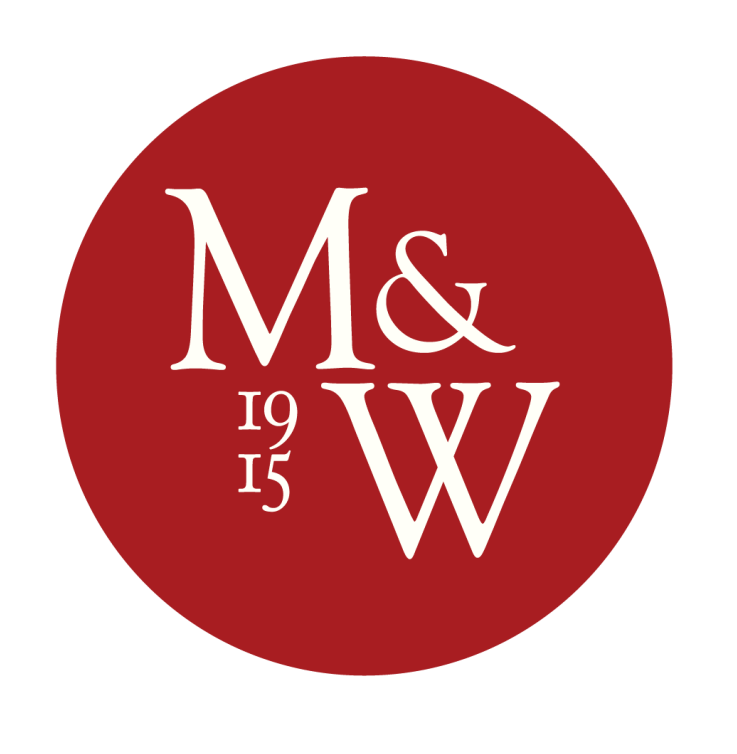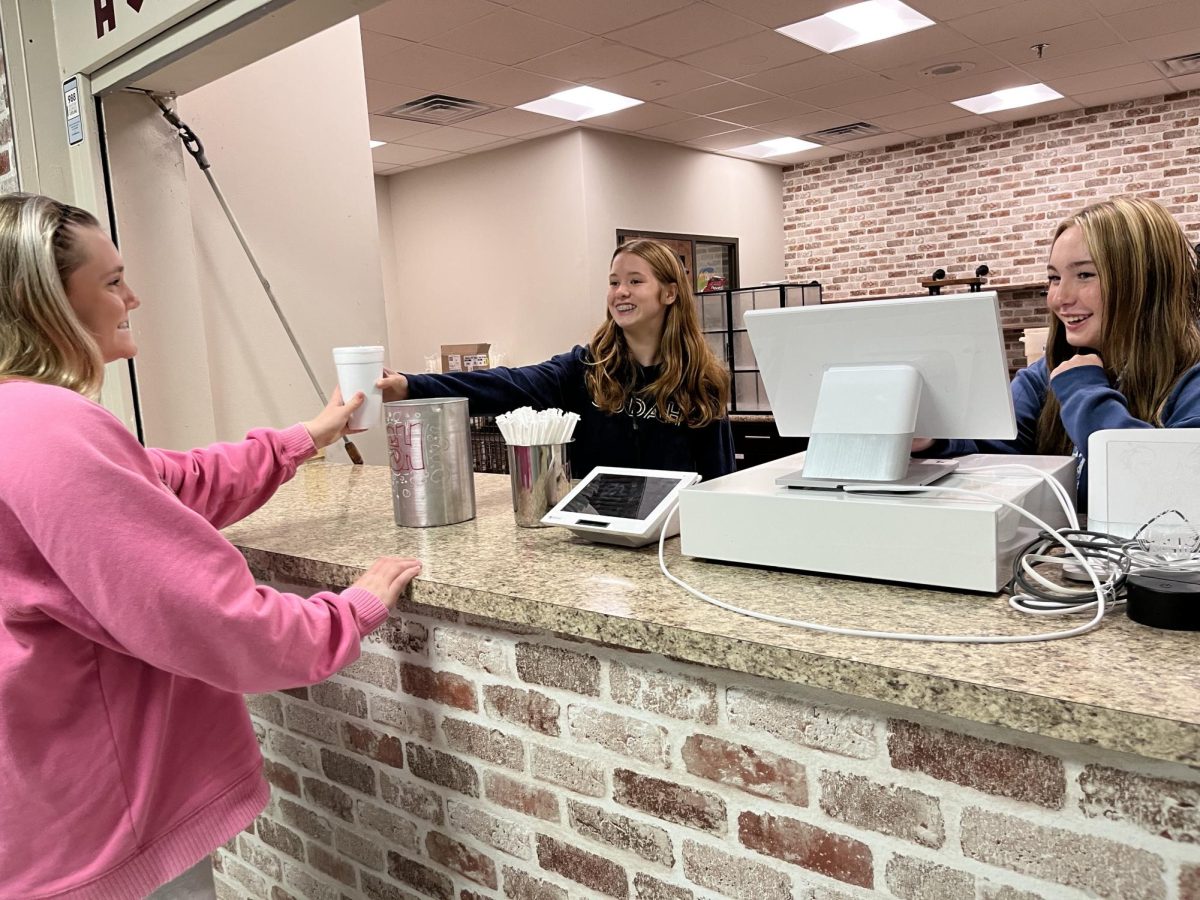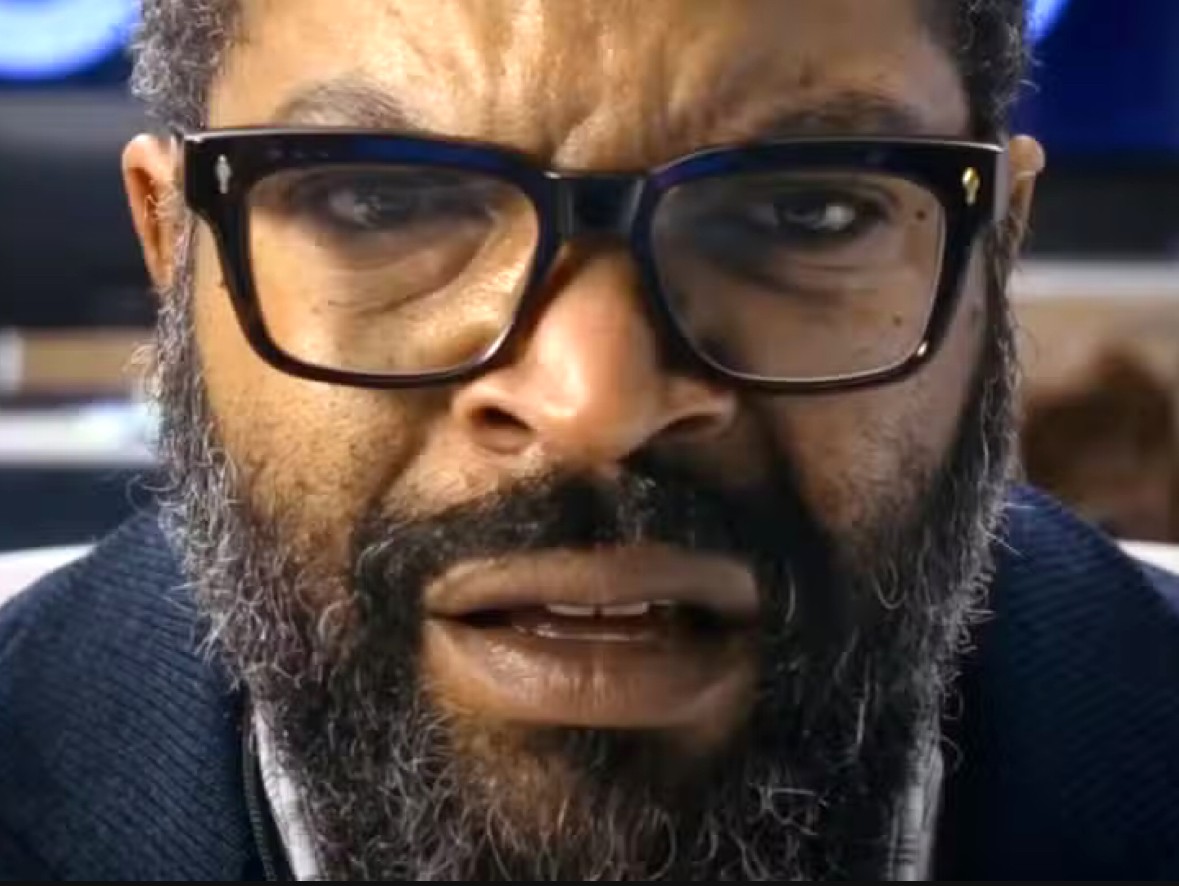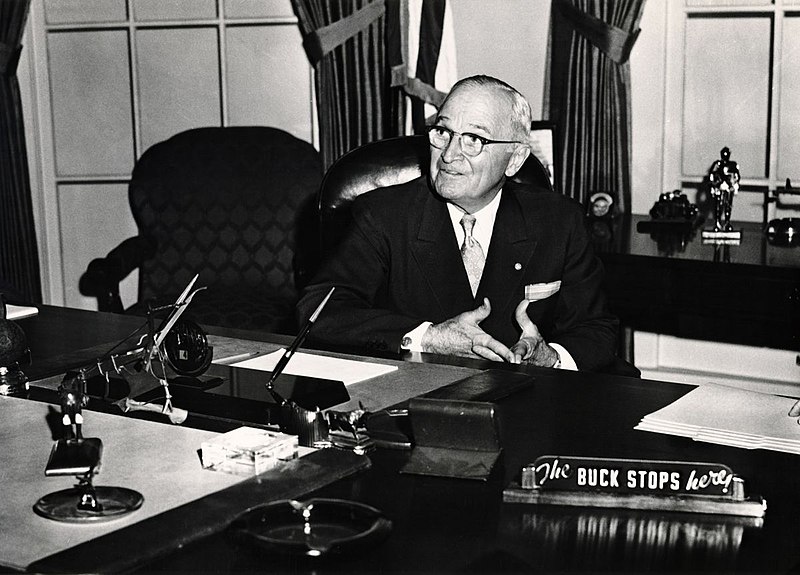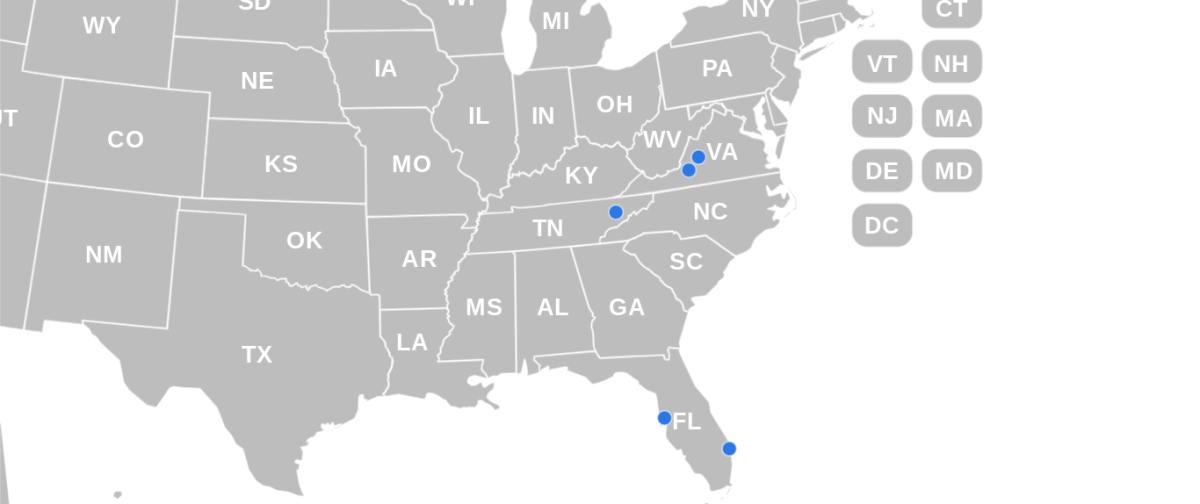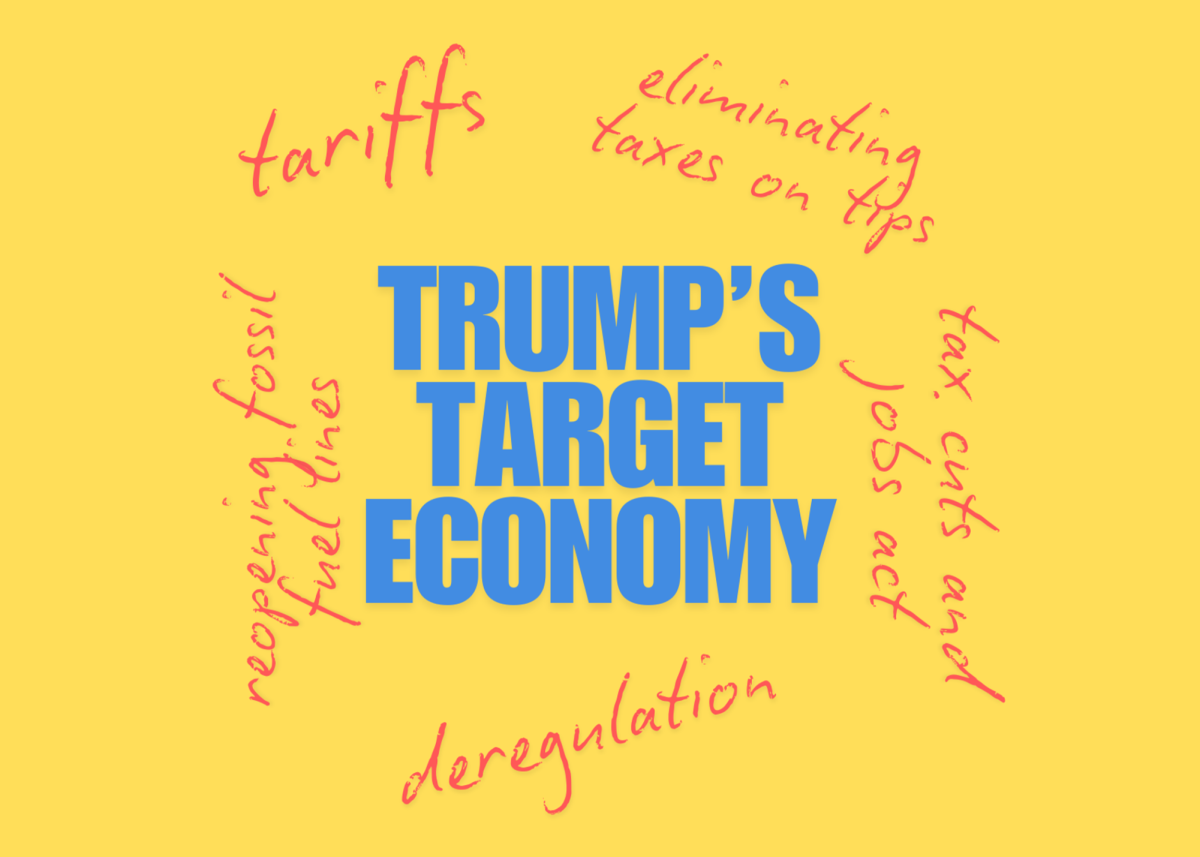With the election of the 47th president, Donald Trump, students wonder how his presidency will change America. Based on a poll conducted by Maroon and White, the biggest concern of Tennessee High students was the economy; this concern dominated over other issues such as immigration, gun control, and democracy.
The economy can be unpredictable, and much of trying to improve or change it is based on previous trends and making educated decisions about what will happen in the future. Economic prosperity is tied to the behavior of the public.
Trump has laid out a 16-page document on the Republican National Committee 2024 GOP Platform explaining how he plans to change America from a policy standpoint. According to this, his biggest goals include adding tariffs, reopening fossil fuel lines, deregulating the economy, and extending the Tax Cuts and Jobs Act (TCJA) in what he hopes will make America a self-sufficient powerhouse.
Tariffs
The biggest of Trump’s economic policies is to enact tariffs. This tax on outsourced goods–like electronics and plastic–are, according to the RNC’s document on Trump’s website, intended to “ prioritiz[e] American Producers over Foreign Outsourcers.”
Trump’s purpose in adding a tax to outsourced products is to discourage imports. This will inversely raise the cost of non-American products like gas, electronics, and plastics that have previously been cheaper than American made alternatives.
Economics and government teacher Andrew Cross explained this through a simplified model.
“If you make item A for $20 in the United States and item B for $10 in China, you put a $10 tariff on it so people have the choice of buying American for the same price,” Cross said.
Theoretically, the tariffs could help American manufacturers thrive, however, Cross introduces the caveat. “Overall, the price goes up…so you as the consumer don’t have the choice of the cheaper product,” he said.
Eliminating Taxes on Tips
Based on the RNC document, Trump also plans to “eliminate [t]axes on [t]ips for millions of [r]estaurant and [h]ospitality [w]orker[s],” leaving more money in the working class pocket that comes from individual customers.
Extra cash can help families of hospitality workers combat inflation. Because of the rising prices, individuals need more money to buy basic necessities.
For example, many cite the cost of eggs to represent the increase in food staples. In 2018, a dozen eggs cost $1.74, but today, a dozen eggs costs 3.37. Another often cited complaint is that in 2018, the monthly grocery cost for a family of four in Tennessee was $372, but today it is $970.
Removing a tax from tips is one practical way to lessen the burden on hospitality workers which is particularly favored by their employers. One key reason is that it doesn’t require companies to pay employees more, so all around everyone is getting more money–besides the government.
Reopening Fossil Fuel Lines
Trump also plans to improve the economy by reopening fossil fuel lines, including the Alaska oil pipeline. According to this idea, developing independence on our own nonrenewable energy will open up local energy jobs and remove us from some foreign affairs when it comes to oil. As of now, Canada supplies the majority of the United States’s petroleum and natural gas.
“We will become Energy Independent, and even Dominant again,” claims Trump, according to the RNC document. Republicans claim that this will help the U.S. move out of the “Obama Era” after his heavy restrictions on fossil fuels, with special attention to coal mining.
Trump’s promise to revive U.S. drilling of oil and natural gas raises the question of how he will handle the side effects on the environment.
The RNC document never directly addresses the environmental effects except that Trump will be “lifting restrictions on American Energy Production and terminating the Socialist Green New Deal.”
For clarification, Lisa Friedman writes for the New York Times that the referenced, “Green New Deal is a congressional resolution that lays out a grand plan for tackling climate change.”
By calling the Green New Deal “socialist,” Trump distances himself and his economic policy from any responsibility for climate change.
Deregulating the Economy
Trump’s economic policy also includes plans to lift regulations in other ways, including deregulating the economy.
“Deregulation is taking regulations off businesses to allow the market to work more freely” said Cross.
In theory, a freer market allows businesses to move openly in the market without many government checks. This also causes “natural selection” in the economy which is supposed to cause businesses who are conducting themselves in unethical ways to naturally be checked and fall under.
“The good side is that in this freer market greater competition should lead to cheaper, better products for the consumers,” said Cross.“But it can also cause a business to do things without the watchful eye of the government that is bad for the economy.”
Like stated previously, a big factor in making decisions regarding economics comes from analyzing past trends; America has a modern example of what could occur with deregulation: the 2008 recession.
The lack of government oversight of home sales during President George W. Bush’s presidency contributed to the 2008 recession. On an individual level, deregulation allowed more people to get loans and buy homes unsupervised. Supporting the American Dream of being a homeowner was a key goal of President Bush, but this allowed people to buy homes that they couldn’t afford.
Consequently, when individuals couldn’t afford their mortgages it directly affected investments. Many investment companies sold mortgages as a part of investing packages because housing prices had reliably increased, making them no brainer investments.
The lack of mortgage cash flow coming into big companies, like Bear Stearns, caused companies to crash. The government had to buy these companies to keep the economy afloat because of how interconnected their empires were.
Similarly, insurance companies like AIG had sold “insurance”–or “swaps”–to these companies saying that if investments failed they would have money to pull these companies back afloat. But the market had been deregulated and insurers didn’t have to put back the money because the government didn’t monitor them.
So, when the investments failed, the insurance companies crashed with them. The loss of money had completely swallowed up Wall Street and, once again, the government had to bail out a company to protect the survival of the market.
A term to encompass this belief of a freer market is Reaganomics: deregulations, increased military spending, tax cuts, and putting national debt on the backburner.
Tax Cuts and Jobs Act
This goes hand in hand with Trump also wanting to “make permanent the provisions of the Trump Tax Cuts and Jobs Act [TCJA],” says Trump’s RNC document.
The TCJA was signed into place in 2018 and expires in 2025. This tax code was a major tax cut that benefited shareholders disproportionate to the lower and middle class, according to Investopedia.
Based on his trend that uncannily resembles Reaganomics, the statement that it is disproportionate is well-backed. “Trickle-down” can be used to represent this gap: the theory that tax cuts for the wealthy will “trickle-down” to the lower and middle class. If there are less taxes on the bigger companies, they will have more money to increase pay and also hire more employees.
Overall, Trump plans to take a very similar approach as Reagan. The similar perspective as Reagan can help us, as the people, have some understanding of what is to come. This includes tariffs, stopping taxes on tips, opening up oil pipelines, deregulating the economy, and making the Tax Cuts and Job Act permanent.
